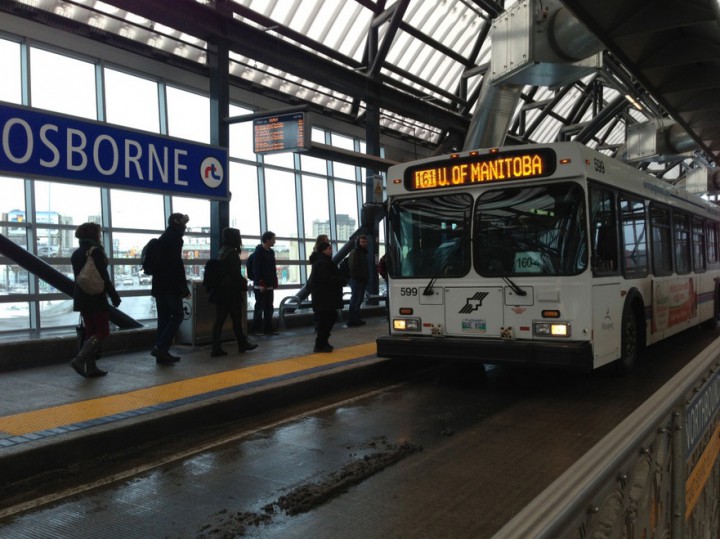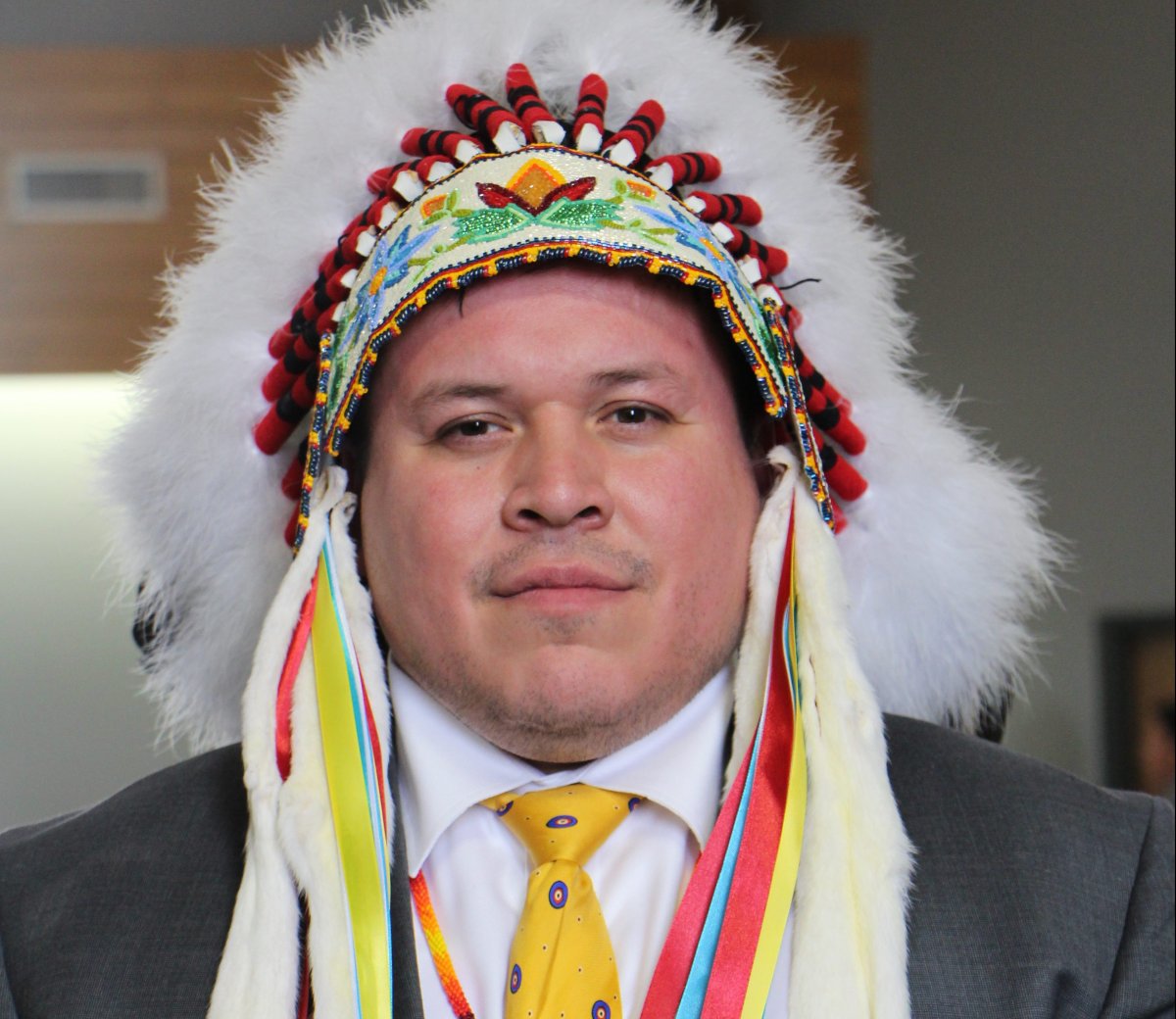A report being tabled at city council’s infrastructure meeting Tuesday says if councillors implemented a low-income bus pass, as many as 13,100 people would likely take advantage of it.

The report states the city would see about “16,500 applications per year, and work with a minimum of 13,100 eligible participants.”
The pass would be half the usual bus fare and administrators say the city can target adults only, or target both adults and youth.
The first option would cost the city $6.7 million in operating costs and require $6 million to implement. Adding youth would increase both those numbers to $14.2 million and $14.8 million, respectively.
“There is the opportunity to phase the program in over three years in order to reduce the initial financial impact while gauging the level of public interest by starting with a lower discount level in year 1,” the report states, noting council could start at a 20 per cent discount the first year, up to 50 per cent by the third year.
Several Canadian cities, including Calgary, Edmonton, Ottawa, Saskatoon, Hamilton, Windsor, Kingston and Halifax all have low-income bus pass programs, and the idea for one has been batted around city council since 2009.
The low-income pass could also benefit the city’s Indigenous community, said Grand Chief Jerry Daniels of the Southern Chiefs Organization.
“It would make our world larger,” said Daniels Monday.
“It’s no secret that Anishinaabe and Dakota people who reside in Winnipeg have transportation needs and anything that assists in the breaking of that barrier is needed and welcomed.
“I hope they find a way to make it happen.”
The Social Council of Winnipeg’s Josh Brandon told 680 CJOB Monday afternoon that the proposed low-income pass would make a huge impact for struggling Winnipeggers.
“We need to make sure transit’s affordable for all residents here in Winnipeg,” he said.
“Right now, so many people are struggling. We talk to people every day who can’t get to medical appointments. I’ve talked to young workers who can’t get to their job sites because they don’t have bus fare.”
Brandon said many Winnipeg families are already faced with the possibility of not making their rent or their food budget month-to-month, and that the $100 cost of a bus pass means they may have to go without some necessities just so they can get to work or school.
“There are a few options that are on the table tomorrow at committee,” he said.
“The basic option is just going to apply to adults, only for monthly passes. There are other options to extend it to children as well, as well as single-fare options.”
Brandon said Winnipeg Transit will face lost fare revenue, as well as an increased number of buses on the road, so he’d like to see the funding for a low-cost program come from somewhere other than existing Transit costs.
The report also states the city should partner with the province to help reduce the administrative costs.
However, the city and the province are already on the outs over transit funding, with the province cutting their share of operating funding for the city in last year’s budget.
WATCH: Winnipeg transit users rally against proposed fare hike











Comments